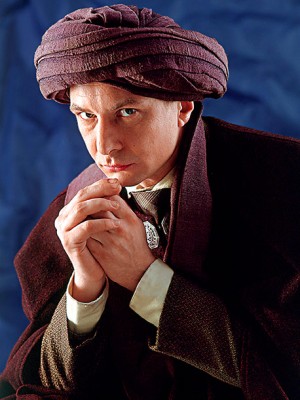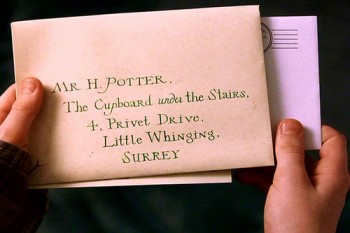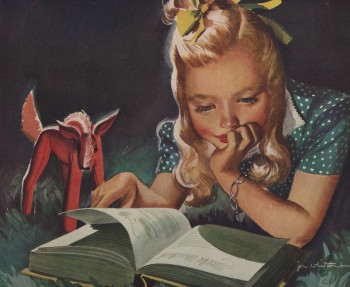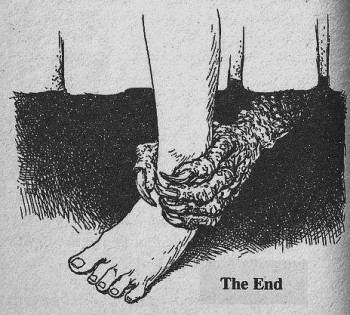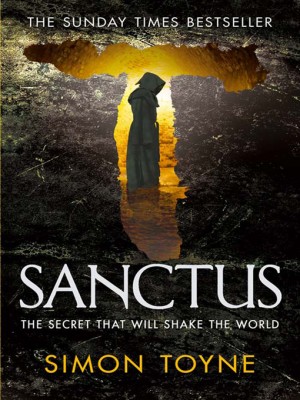
Sanctus, by Simon Toyne
With the whole world watching, a green-robed monk throws himself from the top of an ancient citadel in the center of the mountainous Turkish town of Ruin. But his death raises more questions that it could ever answer. What was he doing atop the citadel? Why did he stand for hours with his arms outstretched, mimicking the pose of Cristo Redentor in Rio de Janeiro? And above all, why did he choose to end his own life in such a macabre and public way? Was his death a terrible accident, or a symbolic gesture?
For charity worker Kathryn Mann and her family, the monk’s death is a long-awaited omen promising changes and revelations the world over. For the ancient order of fanatic monks who have lived in the citadel for thousands of years, is it a terrible betrayal that threatens to unmask their deepest, darkest secret: the identity of their holy Sacrament, long guarded against the outside world. And for New York journalist Liv Adamson, it begins a dangerous journey of body and soul, the result of which will change her life and the future of the planet.
It is impossible to discuss Simon Toyne’s debut novel Sanctus without making certain comparisons to a very famous conspiracy thriller that is seemingly loved and loathed in equal measures the world over. Superficially, Sanctus seems to resemble The Da Vinci Code in both plot and structure. For instance, the novel begins with an inexplicable death shrouded in mystery but clearly portentous of things to come. Also like The Da Vinci Code, Sanctus involves a fanatical order of disturbed monks willing to torture and murder if it means protecting their secrets. But beyond the initial set-up, the resemblances to The Da Vinci Code quickly dwindle. In fact, I found Simon Toyne’s novel to be much more enjoyable than Dan Brown’s; better written and more imaginative, despite following a fairly hackneyed set of rules for conspiracy thrillers.

